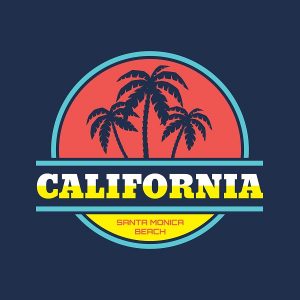Search
IRS Suspends Most Collection Activities due to COVID-19 Pandemic
Due to the ongoing COVID-19 Pandemic, the IRS has provided relief to taxpayers by extending filing and other deadlines. Now, in an internal memorandum from Fred Schindler the Director of Headquarters Collection (SBSE), the IRS continues to provide relief to taxpayers with tax debt by suspending most tax collection activities. These changes mirror the previous relief provided by the IRS, and restates the relief contained in the People First Initiative. Our tax litigation attorneys are advising our clients that they can expect enforced tax collection activities to be suspended unless there is an exigent circumstance including the loss of the opportunity for the government to collect taxes due. The expiration of the statute of limitations is one example.
The importance of the memo is that while it mostly repeats and fleshes out the People First Initiative, it is a direct “order” from the head of SBSE Collection to all Collection Executives. The People First Initiative is a bit more nebulous in terms of its actual impact on the activities of rank and file employees. The collection activities outlined in the memo include most activities related to the collection process such as meeting with taxpayers, filing new Notices of Federal Tax Liens (NFTL), issuing levies, taking or scheduling seizures actions, and pursuing civil suit proceedings. Automated tax levy programs are also suspended. The memorandum also directs Collections not to default installment agreements for missed payments due between April 1 and July 15, 2020 (the suspension period). Due to the ongoing and ever changing nature of the COVID-19 epidemic in the United States, the IRS may extend the suspension period and the incorporated relief provisions further.
It is important for taxpayers and their advisors to remember that even though collection enforcement activity will be rare from now through July 15th, once the suspension period ends the IRS may begin filing liens and levies with a vengeance. Our tax lawyers are therefore recommending to our clients that, to the extent practicable, they position themselves to take appropriate action to forestall collection after the suspension period ends. This includes submitting offers in compromise, and requesting installment agreements now.

 Tax Problem Attorney Blog
Tax Problem Attorney Blog





